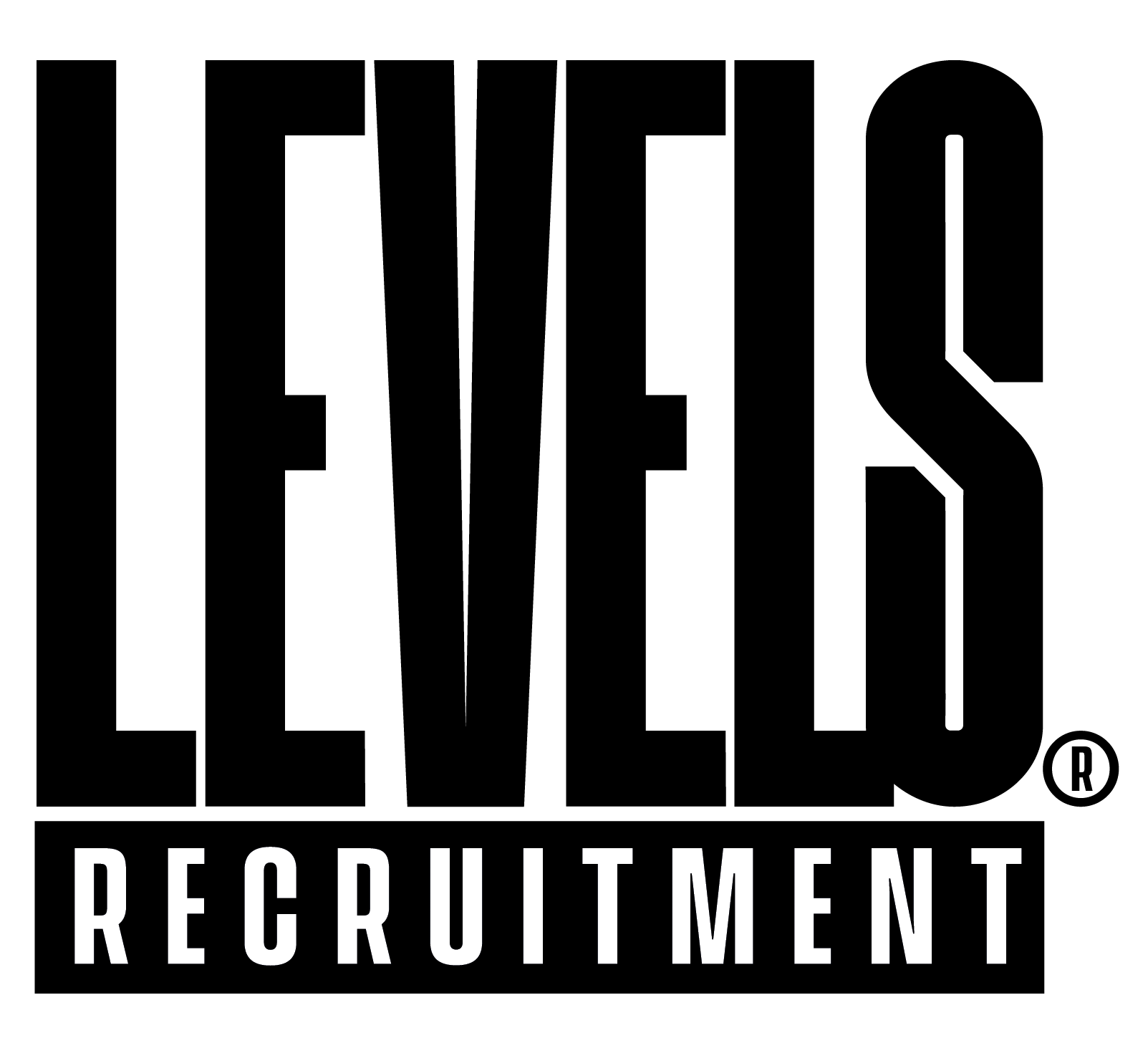
When it comes to landing a job, the interview process can be both daunting and nerve-wracking. From preparing for the interview to answering tough questions, there are many factors that can make or break your chances of getting the job. In this comprehensive guide, we’ll explore the ins and outs of the interview process and provide you with tips and tricks to help you ace your next interview.
Understanding the Purpose of an Interview
First and foremost, it’s crucial to understand that the interview is your opportunity to showcase your skills, experience, and personality to the employer. It’s a chance for the employer to get to know you better and determine if you are the right fit for the job and the company culture. To make the most of this opportunity, come prepared with examples of your past experiences, relevant skills, and a positive attitude.
Types of Interviews
As you embark on your job search, be prepared to encounter various types of interviews. From phone interviews to in-person meetings, each type requires a slightly different approach. Phone interviews are typically the first stage, serving as a quick screening call to determine if you are a good fit for the position. Video interviews, on the other hand, are conducted over video conferencing software and are especially prevalent in the era of remote work. In-person interviews remain the most traditional type, conducted face-to-face with the interviewer(s), while panel interviews involve multiple interviewers for a comprehensive assessment.
Stages of an Interview
Regardless of the type of interview, there are generally three stages you can expect:
1. Pre-Interview: Research the company, review the job description, and identify your relevant skills and experiences.
2. Interview: This is the actual interview itself, where you’ll be asked questions about your background and experience. Be honest and confident in your answers.
3. Post-Interview: Follow up with the interviewer(s), express gratitude, and reiterate your interest in the position.
The interview process can be nerve-wracking, but it is a vital step in securing your next job. By understanding the types and stages of interviews, you can better prepare yourself and increase your chances of success.
Preparing for the Interview
Before you head to an interview, ensure you are fully prepared. Research the company, practice common interview questions, and know what to bring with you. Dress professionally, arrive early, and carry a copy of your resume, a list of references, and any other relevant documents. By taking the time to prepare, you can increase your chances of success and show your genuine interest in the position.
Common Interview Questions
During an interview, you can anticipate various types of questions. Common general questions are designed to get to know you better as a person and understand your background and experience. Examples include “Tell me about yourself,” “What are your strengths and weaknesses?” and “Why do you want to work for our company?” Behavioral questions delve into how you’ve handled specific situations in the past, while technical questions assess your knowledge and skills in a specific area.
Questions to Ask the Interviewer
Asking questions during an interview is not only a way to show your interest but also an opportunity to gather crucial information. Ask about the role, the company’s goals, the team dynamic, and opportunities for growth. Thoughtful questions demonstrate your genuine interest and preparedness.
Handling Difficult Questions
Difficult questions, such as discussing weaknesses or stating salary expectations, can be challenging. When discussing weaknesses, be honest and focus on areas for improvement without jeopardizing your suitability for the job. For salary expectations, research market rates and provide a realistic range.
Post-Interview Strategies
After the interview, certain strategies can increase your chances of getting hired. Sending a personalized follow-up email or thank-you note is an excellent way to express gratitude and reiterate your interest. Evaluate a job offer carefully, considering factors like salary, benefits, job responsibilities, work environment, and company culture. If needed, negotiate salary and benefits professionally and respectfully.
How The Levels Recruitment Process Works
At Levels Recruitment, we understand that the interview process can be daunting. That’s why we’re here to help with our unique process:
1. Job Profile: Create your ‘ideal applicant’ profile using Sigma Polaris software.
2. Assess Candidates: The system generates a unique link for the assessment, testing candidates against hard and soft skills.
3. AI Ranking: Applicants are ranked and profiled based on their proximity to your ideal profile, prioritizing your needs without bias.
4. Human Interview: Use the ranking and profiles to decide whom to invite for an interview, knowing a great deal about each applicant’s ability to do the job.
Navigating the job interview journey may seem like a complex maze, but with the right preparation and mindset, you can confidently showcase your skills and secure your next job. Good luck!
Explore an array of informative blogs on our Levels Recruitment website. Dive into valuable content that spans the intricacies of the interview process, career tips, and industry trends. Elevate your understanding and stay ahead on all things recruitment. Discover more by visiting our blogs here.
